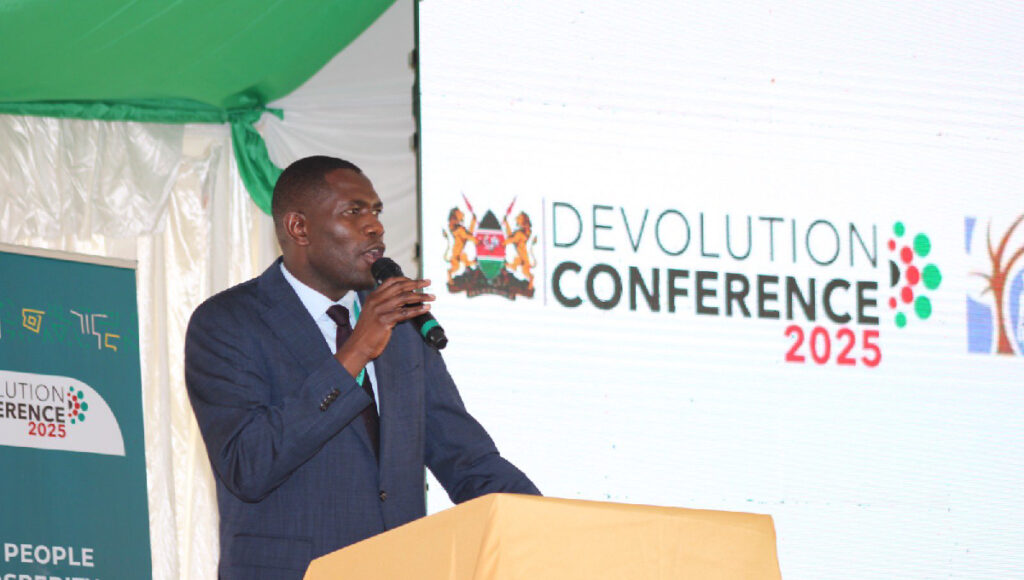Efforts to promote inclusion, dignity, and equal opportunities for persons with disabilities in Kenya must be intensified to ensure no one is left behind. Stakeholders in the health and social sectors are calling for deliberate action to address gaps in access to assistive technology, healthcare, and social support systems.
A central concern remains the inadequate mapping of individuals who require assistive technologies. Current registration numbers fall significantly short of the actual figures, largely due to the stigma that still discourages families from coming forward. Without accurate data, the government and partners face difficulties in providing the right interventions and ensuring resources reach those who need them most.
While progress has been made in training healthcare workers and distributing assistive devices, there is a growing recognition that more needs to be done. Every healthcare worker must be equipped with the skills to serve persons with disabilities effectively, including the ability to recommend and provide access to the most suitable assistive technologies.
Investments in research and data collection are essential to better understand the diverse needs of persons with disabilities. Such knowledge will help shape policy decisions, improve service delivery, and ensure that individuals are empowered to live with dignity and independence. Beyond healthcare, inclusivity also requires creating social and economic opportunities that enable persons with disabilities to participate fully in community and national development.
Shifts in global health financing present another challenge. The withdrawal of some donor support underscores the urgency of developing innovative domestic funding strategies. Relying solely on traditional donor models is no longer sustainable. Exploring new financing approaches, including public-private partnerships and community-based initiatives, will be key to ensuring the continuity and sustainability of programs that support persons with disabilities.
Ending stigma remains a priority. Families and communities must be encouraged to view disability not as a burden but as a dimension of human diversity. Empowering persons with disabilities is about more than access to devices and services; it is about affirming their rights, building inclusive systems, and creating an environment where all Kenyans can thrive.
With coordinated action, Kenya can move closer to a future where every person with a disability is counted, supported, and empowered to live with dignity.

